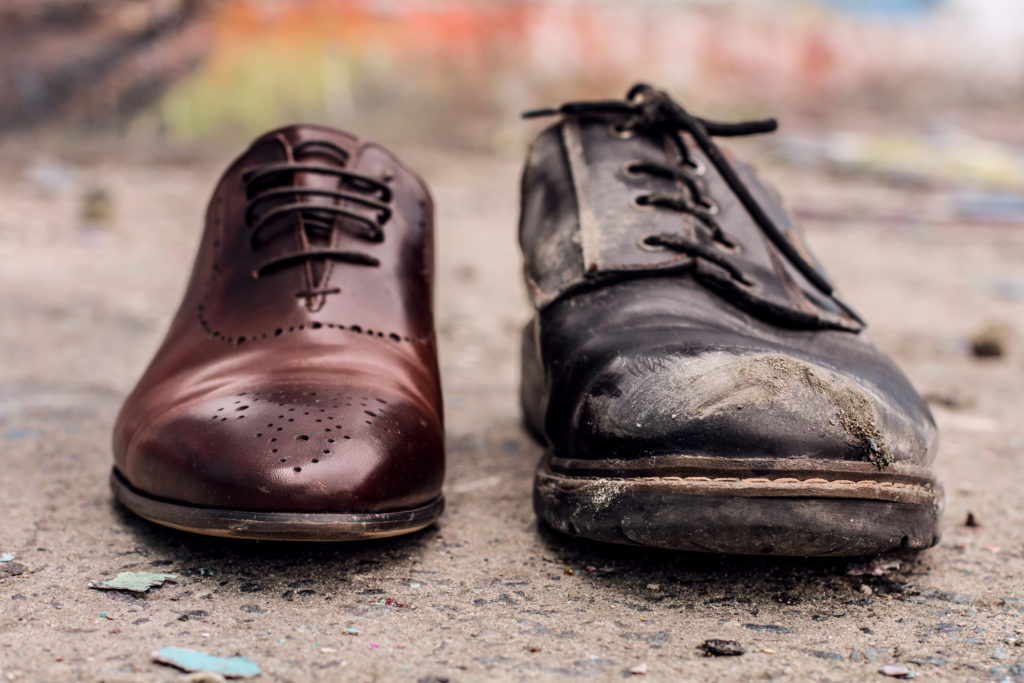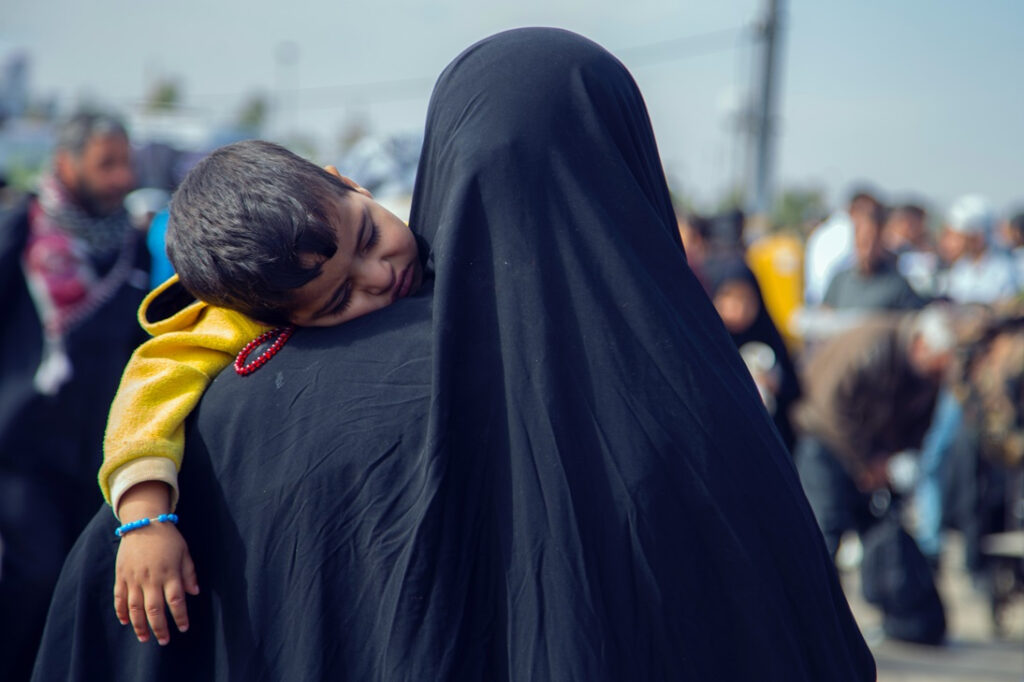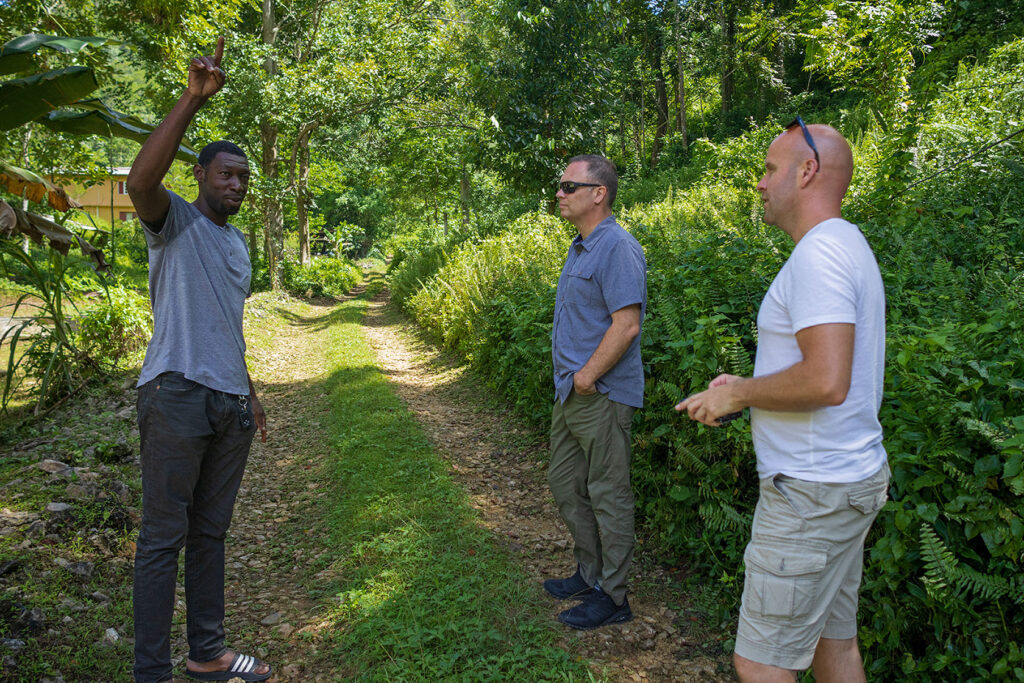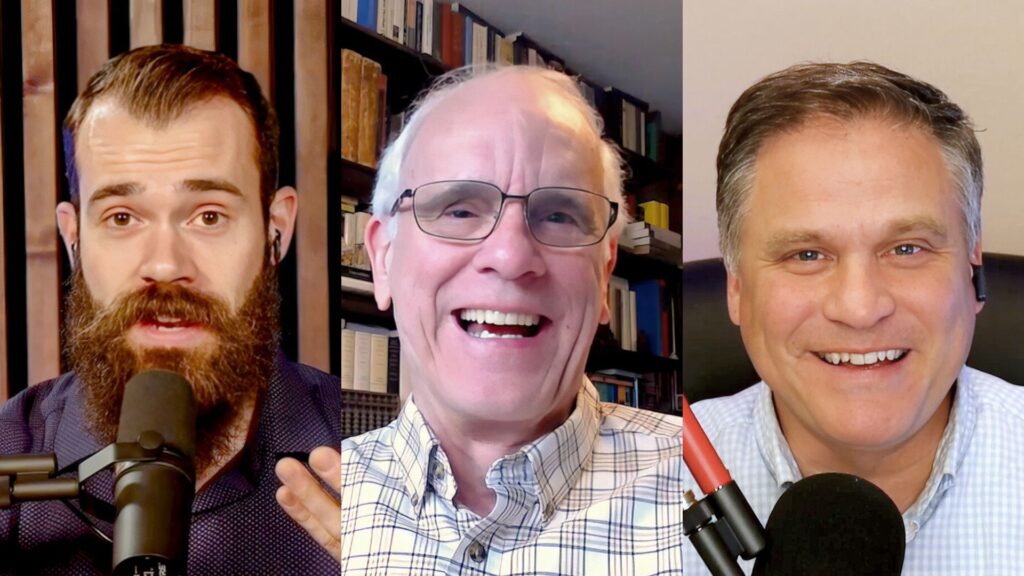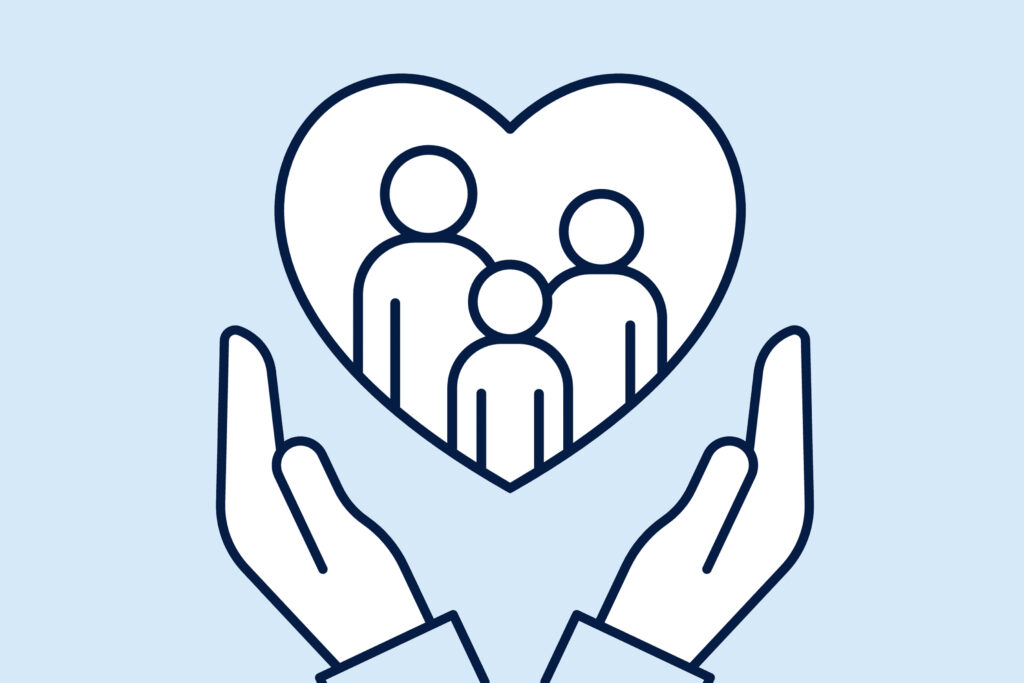You can’t ever really shake either influence. Both worlds occupy a space in your heart at all times.
In developing countries, we are constantly confronted by need. It’s at our gate, in our homes, along the roads we travel, and calling out to us from the streets. As Americans, we have access to money—it’s no secret, and we cannot pretend otherwise. It’s not always fair, but it’s the truth about where we come from. Many of us give until it hurts, but it’s never enough.
We live in the “middle”—between two worlds in constant tension. In the eyes of our American friends, we missionaries are the ones in constant need, the ones who have made great sacrifices. But to many people in our host country, we are the wealthy—walking, glowing answers to their need, if only we’d be less stingy.
Christmas Morning War
This internal tug-of-war presented itself to me this past Christmas morning. I sat watching my children open their Christmas gifts, my grandmother’s coffee mug in-hand. Each day, that mug helps me to feel closer to home and to my spunky, vivacious grandma thousands of miles away. We ran the air conditioning all morning to gain some relief from our unwelcome guest, East Africa’s nasty hot season, who overstays her welcome every November to May. Needless to say, I was thankful for our home, the AC, and my grandma’s mug.
As I looked at our beautiful, glistening tree and the many gifts under it, I thought about how much more we have than most of our neighbors. Then it came: that familiar piercing sensation in the heart. I thought about the children who rummage through our trash. I thought about the lady who had just knocked on our door begging for money. I thought about the many parents desperately trying to pay their children’s school fees this time of year. I thought about those who had heard their children’s cries the night before as they went to bed hungry.
I felt guilt run over me as I beheld my children’s joy. As much as I tried, I couldn’t completely enjoy the moment.
I had barely taken my next sip of coffee when both heart and mind switched gears to my born-and-raised American mode. Suddenly the same tree and seemed so small, so embarrassing. It was actually kind of a pathetic tree—one of those trees normally set on a table or in a child’s room rather than the family living room. I scanned the gifts and compared our sad little display with Christmas morning in America. I wiped sweat off of my forehead (a single AC unit can only handle so much) and envied all the chilly weather, sweaters, boots, and cozy, family movie nights under blankets I had seen on social media. I thought about the hot chocolate and marshmallows by the fireplace, those darn Starbucks selfies that people take with adorable outfits and silky, shiny hair, the Santa visits to the mall—and finally, I allowed myself to go there. I thought about the big family gatherings, with everyone assembled together laughing. Together, and probably not too cold and not too hot.
I thought about reassuring myself by taking a picture and posting it online, but I didn’t want to document this Christmas morning for either of my two worlds to either pity or envy. The tortured thoughts and emotional tug-of-war are guests even less welcome than the heat. Nevertheless, like the hot season, they come—and come often.
Old Notebooks and Charred Underwear
Last week I threw out some old notebooks and broken toys. I typically give almost everything away, but these were in very rough condition (shame-induced caveat).
We know that all our trash here will be picked through by neighbors, workers, and passersby. It’s something that you learn to live with. It’s also the reason why I return to America every several years carrying luggage packed with old underwear—so I can throw them away there, rather than having to see our desperate neighbors rummage through them.
(I know: you’re asking, “Why doesn’t she just burn them?” We tried that. There was my husband Aaron, just burning some old underwear as I watched from inside, when a couple of gracious nationals saw the fire and came to help—only to be taken aback by the sight of our crispy, smoldering panties. I can never un-see that sight for them. We all learned our lesson that day: save the old unmentionables and throw them away at your parent’s house on furlough. For all the weird thoughts you’re now having because of this anecdote, you’re welcome.)
Anyway, last week while purging, I accidentally threw away one of my daughter’s private notebooks. We left for the afternoon, and upon our return we witnessed a group of children filling their little dresses and pockets with items from our trash. Some were reading the notebooks. My heart broke as the little ones scattered in embarrassment, grabbing what they could while on the move. We came into the house and I saw the wounded look in my daughter’s eyes, feeling both pity for the children and the familiar sting of violation from watching strangers reading her private writings and laughing.
In such moments as this, is my heart large enough to pity either side involved? Do I dismiss the pain of my daughter because, well, at least she’s not digging through trash? How can I tend to her hurting heart without asking her to swallow her pain because “at least she doesn’t live like them”? How can I comfort her while wrestling with my own pain, which always feels so insignificant? How can we live each day amidst real and heartbreaking poverty and still permit ourselves to acknowledge our own hurts?
How can I live in a world where I spend more money on cheese than some families do on their entire month’s food budget? Am I allowed to find joy and thank God while my children enjoy mozzarella on their pizza on Friday nights?
Living in the Middle
Here in the “middle,” I have learned to live with heaviness. All of us here in the “middle” learn to live with this constant weight, swallowing a million thoughts and emotions that enter our minds because it’s just too hard to process and articulate it all.
All of us who live in this “middle” are in a constant mental battle between abundance and need. You learn to cry with those in need and rejoice with those in abundance, and you find yourself entrapped in both. You learn not to spend too much time processing or comparing your exact position along the wealth spectrum between the two extremes.
You can’t really articulate this struggle because it’s a kind of schizophrenic pivoting between guilt and jealousy, gratitude and shame, compassion and self-pity, anger and sorrow, generosity and greed, a bleeding heart and shocking indifference caused by compassion fatigue.
We get tired of this constant fight. We want to enjoy simple moments, people, and things, but nothing is simple anymore. Our pleasures are tempered, and our pains seem trivial.
Most people didn’t come to the mission field with a desire to make a better life for themselves. Many of us sold our homes and vehicles, forfeited solid careers and great healthcare, and prepared to enter a more difficult life.
What we didn’t prepare for was leaving home with our great sense of loss and sacrifice only to arrive in our host countries as wealthy. Even the donated computers, on which we type our newsletters, set us apart from most. Our downsized homes, low-cost vehicles and bicycles, and stereotypical missionary shoes (Tevas or Birkenstocks, always) are still considered luxuries. Even those missionaries who live in mud huts without running water carry health insurance cards that could save their children’s lives, and, in an emergency, most are one phone call away from evacuating to the States.
It is not fair. We are always going be different.
Grace, Not Guilt
Though I’ve fought this mental battle for years, I don’t believe that the answer is to live guilt-ridden, nor pretending we are poor, nor is it giving away every single thing we own. People see past this sort of posturing.
That’s the funny thing about contentment: we don’t get to choose what we are called to be content with. We are to be content with whatever God gives.
Paul talks about this kind of contentment in Philippians: “I have learned in whatever situation I am to be content. I know how to be brought low, and I know how to abound. In any and every circumstance, I have learned the secret of facing plenty and hunger, abundance and need” (Philippians 4:11b-12, ESV). Paul explains that it is Christ who gives him the strength to do that. And it is Christ who gives us strength, whether in need or in plenty, to live the same way.
God sees our struggle in the “middle,” between plenty and little, and he enters into our pain. He doesn’t categorize it or label certain needs or particular feelings as worthier of his time than others. He is a good Father, and as such, rather than comparing or manipulating his children, he meets us where we are and carries our burdens. He tells us to lay them at his feet (Matthew 11:28). He cares for the hungry and oppressed, and he comforts his children—even the rich ones. His does not extend his love differently to each person based on financial standing.
God sees through our circumstances to our hearts. If we are in need, he calls us to be content and trust him for our daily bread. If we have an excess, we are called to be generous and trust him with our money, not hoarding or gathering treasures for ourselves on earth. And, yes, he calls us to be content. There is always someone who will have less and always someone who will have more. Comparison will either build pride within us or cast us into despair.
Moving Forward
I haven’t won this this battle yet, but I think the answer is to live well in the “middle,” where God has placed us, rather than escape it.
We in the “middle” are no longer comfortable on either side, so we continue to feel discomfort, help the hurting, cry with and sacrifice for those in need, and fight for contentment in our own need. And in our own moments on the side of need, we need to be all there, not looking longingly to the other side. Let’s not compare, justify, defend, run, or allow guilt to overrun. Let’s instead hurt with those the hurting, weep with the weeping, and find contentment in loss or abundance.
When we are tempted to envy our friend buying a home and build their American dream while we just try to figure out how to keep the rats, cockroaches, giant spiders, and kid-sized snakes out of our homes, let’s acknowledge that pain as well. We can’t wallow in this pain, but acknowledging its reality helps us identify our temptation to discontentment and surrender it to our Father who cares. Towards that side of the “middle,” we must not only find contentment in less but love those who have more.
Let’s bravely face our strange “middle” and give it to our Father in faith. We will find peace there. Though we are uncontrollably tugged by both realties, our Father is in control, and he is good. May our hearts cry with Job, who lived faithfully in both plenty and painful loss, “Naked I came from my mother’s womb, and naked shall I return. The LORD gave, and the LORD has taken away; blessed be the name of the LORD” (Job 1:21).
